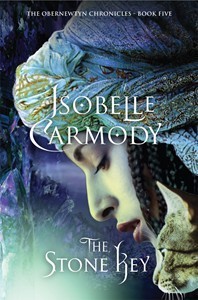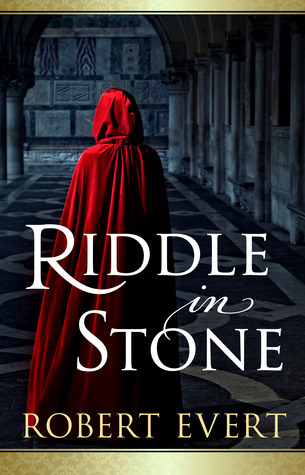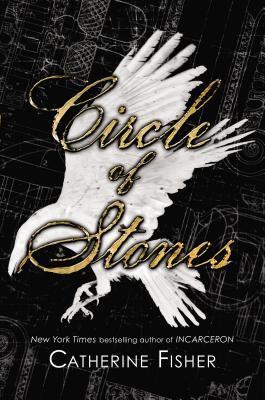
The Stone Key
Book Description
A hidden world lies just beyond the veil of reality, where ancient magic and dark forces collide. When a young girl discovers a mysterious stone key, she unravels a perilous journey filled with treachery, unexpected alliances, and the haunting echoes of her family’s past. As sinister powers close in, friendships are tested, loyalties are shattered, and the fate of two worlds hangs in the balance. With each twist and turn, the weight of choice presses heavily—can she unlock the secrets that bind them all before it’s too late? What if the key doesn’t just open doors, but alters destiny itself?
Quick Book Summary
"The Stone Key" by Isobelle Carmody ventures deep into a post-apocalyptic world brimming with ancient magic and lurking dangers. The narrative follows a courageous young girl who stumbles upon a mysterious stone key, unraveling secrets linked to her family’s haunting past. As she journeys through hidden realms and dystopian landscapes, she grapples with fraught alliances, shifting loyalties, and the encroaching threat of sinister powers. Each choice she makes carries the weight of fate, influencing both her world and a secret one beyond. Woven with themes of friendship, betrayal, and resilience, the story tests the limits of her courage and the cost of unlocking destinies that could change everything she knows—if she can bear the consequences.
Summary of Key Ideas
Table of Contents
Destiny and the Burden of Choice
In a society ravaged by catastrophe and ruled by suspicion, the protagonist’s discovery of the stone key thrusts her into a reality both ancient and perilous. Beyond her familiar world lies a hidden realm where magic lingers and darkness gathers. The stone key is not merely an artifact—it is entwined with her family’s legacy, hinting at secrets long buried under silence and fear. Her search to understand its purpose draws her into conflicts that test both her resolve and her understanding of truth.
Unveiling the Past’s Secrets
As she embarks on her journey, the protagonist encounters a range of characters—some friends, others foes, and many whose loyalties remain uncertain. She forges unexpected alliances, finding support in the most unlikely places, while also facing betrayals that threaten to undermine her quest. The relationships she navigates prove to be both vital sources of strength and harrowing trials, forcing her to evaluate trust and personal conviction in an ever-shifting landscape.
Alliances and Betrayals
The looming threat of sinister powers heightens the stakes of her journey. These antagonists, motivated by ambitions both personal and supernatural, target the stone key and its bearer. With each twist, the protagonist must decipher what is real and what is manipulation, defending not only herself but the fragile hope that rests on her decisions. The antagonist’s schemes represent the broader conflict between order and chaos, old magic and emergent dystopian forces.
Magic and the Conflict Between Worlds
Magic pulses at the heart of the narrative, both a blessing and a curse. The key’s magic destabilizes boundaries between worlds, holding the potential to heal or destroy. As the protagonist delves deeper into its origins, she grapples with the moral ambiguities of power and destiny. The story explores how ancient legacies shape personal identity and collective fate, and whether free will can overcome the inertia of prophecy.
Resilience Amid Dystopian Adversity
Ultimately, the protagonist is transformed by her ordeal. The adversity she survives forges resilience, clarity, and a new sense of purpose. She realizes that the greatest power lies not in magic or destiny, but in the choices she makes and the relationships she nurtures. Her journey closes with a bittersweet understanding of loss and hope—ready to bear the consequences of unlocking a future that, with every sacrifice, she has claimed as her own.
Download This Summary
Get a free PDF of this summary instantly — no email required.





